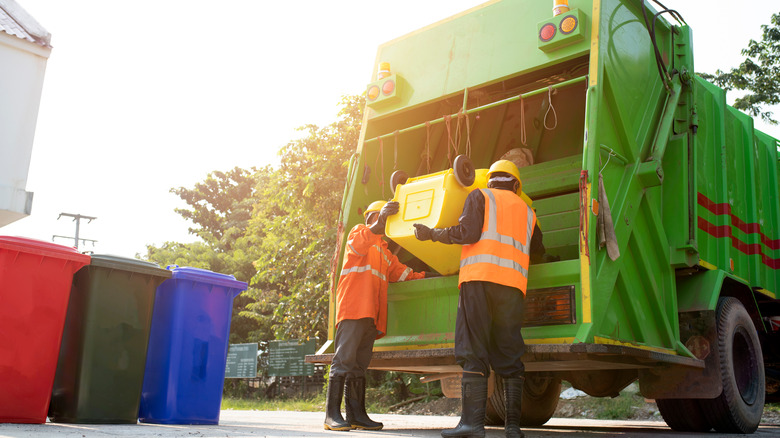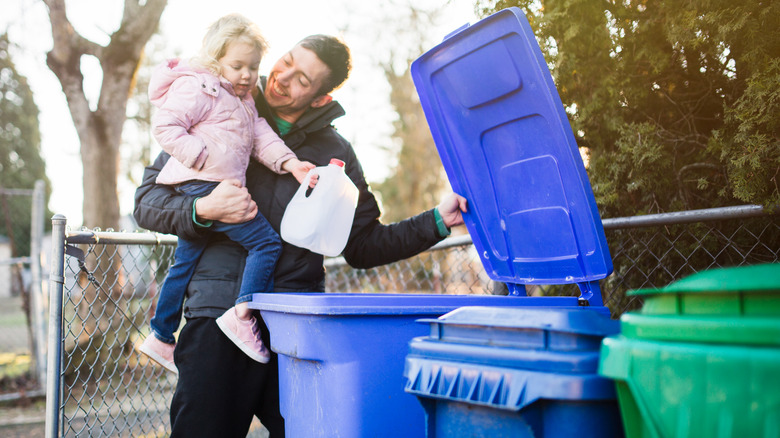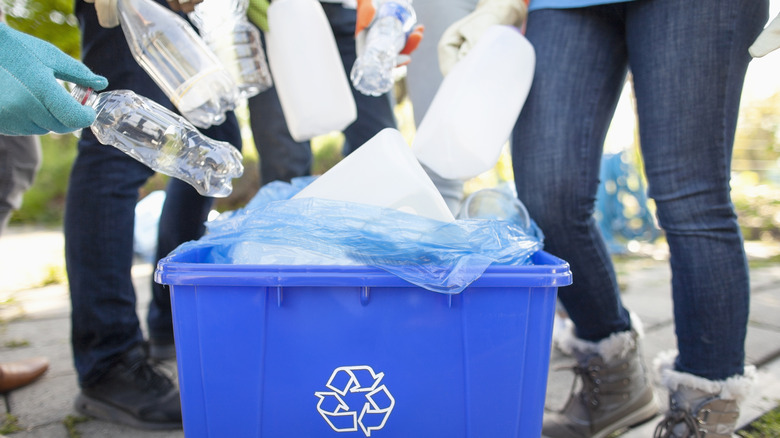Are Residential Curbside Recycling Services Really Worth It?
Per a survey conducted by The Recycling Partnership, 84% of Americans think recycling is a valuable service. Every day, you might separate your trash from recyclables, put them in blue or green bins on the pavement, and wait for the local curbside recycling pickup company to show up. After all, recycling is crucial to making homes eco-friendly, reducing greenhouse gas (GHG) emissions, saving non-renewable resources, conserving energy, and mitigating climate change. But once the environmental lens is off and only economic calculations remain, justifying the running of and paying for curbside recycling services gets complicated. You might even question if the residential curbside recycling service is really worth it.
This possibly explains why certain cities have chosen to shut down their systems and incinerate the waste instead. While many private companies have certainly come in their place and have even expanded the list of acceptable items like plastic packaging, bulbs, and batteries under the program, they've done so at immense cost.
Average costs of curbside recycling services
Given the disaggregated nature of the pickup recycling system, it's difficult to arrive at an average cost for these services, as location, nature of services, waste allowance, pickup frequency, and other city-specific factors play a major role. It could cost as little as $3 per month in Virginia Beach or be priced at $12.95 per week in Portland, with an extra $5.95 per additional bin.
Further, CostOwl estimates that, on average, homeowners must eke out anywhere between $15 and $35 monthly, with an additional bin charge ranging from $2.50 to $7.50 to have their paper and metal-based recyclables picked from their pavement. Alternatively, the 2020 curbside recycling report quotes a lower annual range of $52.64 to $72.55. Such price differences are attributable to the different dynamics in each city, especially the varying costs of capital and operational expenses.
Moreover, as most of the city programs are run by traditional trash collectors, estimating the exact recycling charges can be harder. Costs may also increase if you opt for single-stream recycling services, where you don't have to sort out your items into separate bins.
What makes curbside recycling worth your while?
When comparing the cost of trash disposal to the charges for curbside recycling, the difference is stark, at $55 for a landfill burial versus $64 for recycling. It might feel that salvaging and reprocessing old items has become expensive — it was a mere $3 in 2011 but ranged from $34 to $42 between 2018 and 2020. However, paying for such services completely offsets and yields even more environmental benefits, particularly in terms of GHG emissions reduction.
Moreover, curb pickup is convenient, strongly encouraging homeowners to recycle and contribute their fair share to conserving the environment. The EPA estimates that recycling municipal solid waste saved 193 million metric tons of carbon dioxide in 2018 — in comparison, that's 42 million cars taken off the road annually. Similarly, recycling aluminum, steel, and paper consumes up to 95%, 60%, and 40% less energy and water. Finally, for every six jobs created in a landfill, recycling creates 36, employing over 1.1 million Americans.


